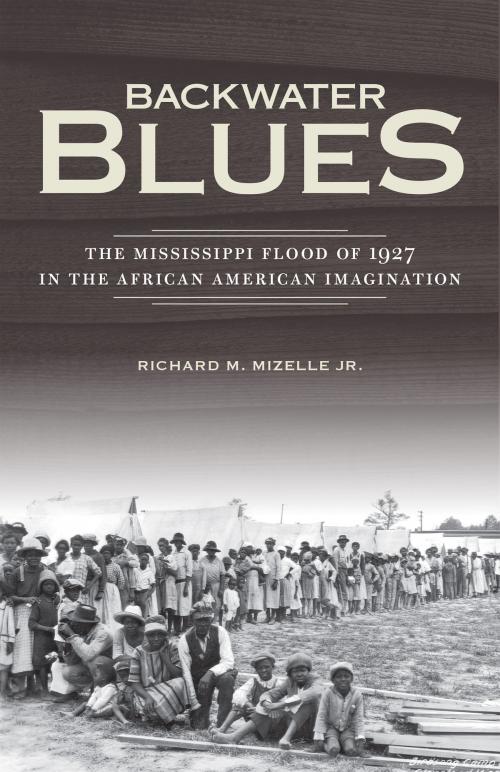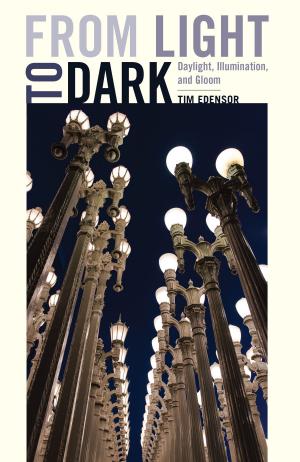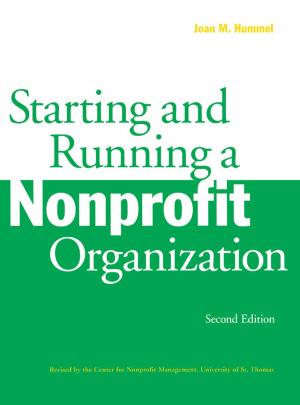Backwater Blues
The Mississippi Flood of 1927 in the African American Imagination
Fiction & Literature, Literary Theory & Criticism, Black, Nonfiction, Social & Cultural Studies, Social Science, Cultural Studies, African-American Studies, History, Americas, United States| Author: | Richard M. Mizelle Jr. | ISBN: | 9781452943978 |
| Publisher: | University of Minnesota Press | Publication: | October 15, 2014 |
| Imprint: | Univ Of Minnesota Press | Language: | English |
| Author: | Richard M. Mizelle Jr. |
| ISBN: | 9781452943978 |
| Publisher: | University of Minnesota Press |
| Publication: | October 15, 2014 |
| Imprint: | Univ Of Minnesota Press |
| Language: | English |
The Mississippi River flood of 1927 was the most destructive river flood in U.S. history, reshaping the social and cultural landscape as well as the physical environment. Often remembered as an event that altered flood control policy and elevated the stature of powerful politicians, Richard M. Mizelle Jr. examines the place of the flood within African American cultural memory and the profound ways it influenced migration patterns in the United States.
In Backwater Blues, Mizelle analyzes the disaster through the lenses of race and charity, blues music, and mobility and labor. The book’s title comes from Bessie Smith’s “Backwater Blues,” perhaps the best-known song about the flood. Mizelle notes that the devastation produced the richest groundswell of blues recordings following any environmental catastrophe in U.S. history, with more than fifty songs by countless singers evoking the disruptive force of the flood and the precariousness of the levees originally constructed to protect citizens. Backwater Blues reveals larger relationships between social and environmental history. According to Mizelle, musicians, Harlem Renaissance artists, fraternal organizations, and Creole migrants all shared a sense of vulnerability in the face of both the Mississippi River and a white supremacist society. As a result, the Mississippi flood of 1927 was not just an environmental crisis but a racial event.
Challenging long-standing ideas of African American environmental complacency, Mizelle offers insights into the broader dynamics of human interactions with nature as well as ways in which nature is mediated through the social and political dynamics of race.Includes discography.
The Mississippi River flood of 1927 was the most destructive river flood in U.S. history, reshaping the social and cultural landscape as well as the physical environment. Often remembered as an event that altered flood control policy and elevated the stature of powerful politicians, Richard M. Mizelle Jr. examines the place of the flood within African American cultural memory and the profound ways it influenced migration patterns in the United States.
In Backwater Blues, Mizelle analyzes the disaster through the lenses of race and charity, blues music, and mobility and labor. The book’s title comes from Bessie Smith’s “Backwater Blues,” perhaps the best-known song about the flood. Mizelle notes that the devastation produced the richest groundswell of blues recordings following any environmental catastrophe in U.S. history, with more than fifty songs by countless singers evoking the disruptive force of the flood and the precariousness of the levees originally constructed to protect citizens. Backwater Blues reveals larger relationships between social and environmental history. According to Mizelle, musicians, Harlem Renaissance artists, fraternal organizations, and Creole migrants all shared a sense of vulnerability in the face of both the Mississippi River and a white supremacist society. As a result, the Mississippi flood of 1927 was not just an environmental crisis but a racial event.
Challenging long-standing ideas of African American environmental complacency, Mizelle offers insights into the broader dynamics of human interactions with nature as well as ways in which nature is mediated through the social and political dynamics of race.Includes discography.















